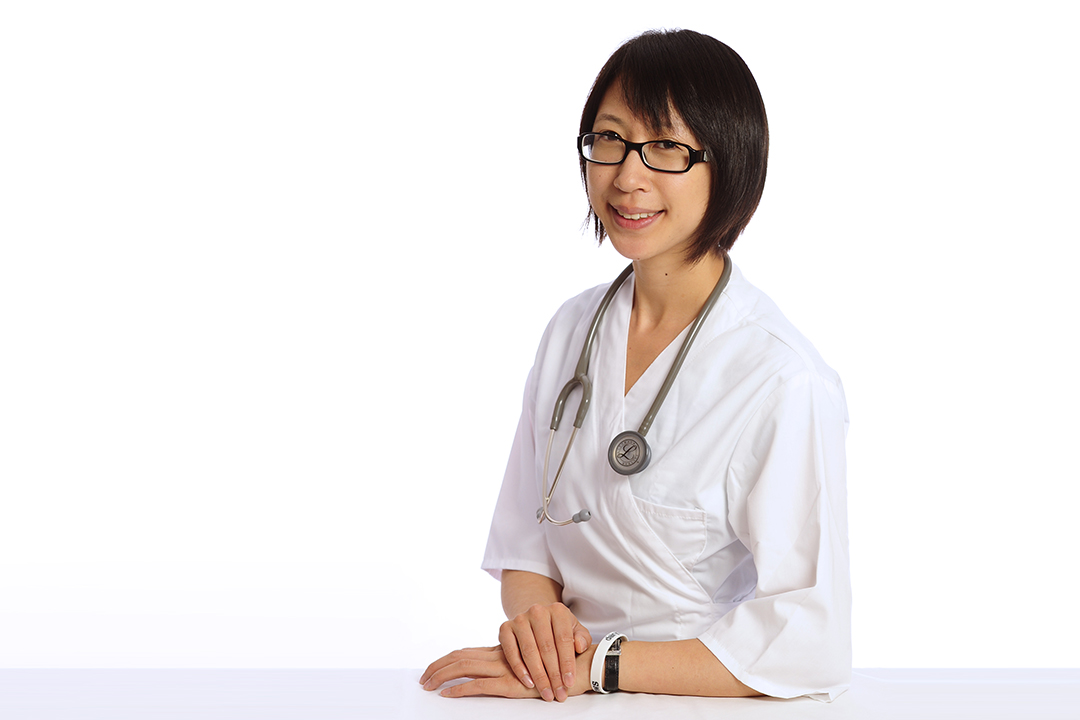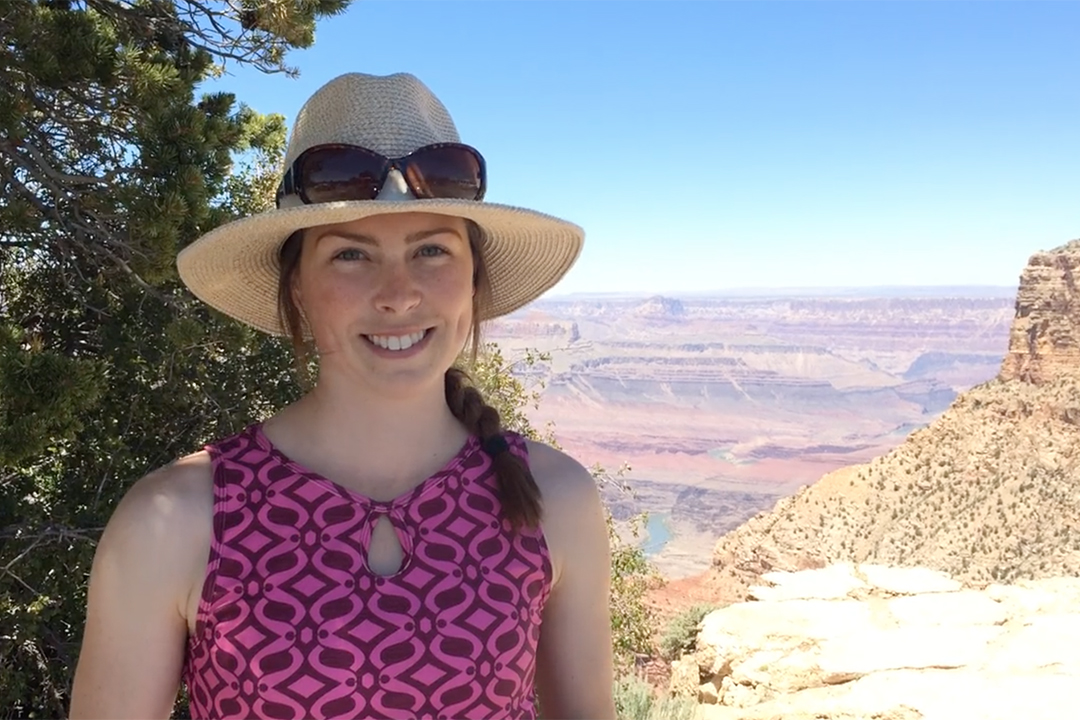
Recent veterinary grads find niches in higher learning
Before Dr. Kathleen Ma of Burnaby, B.C., was even aware of it, she was headed for a career in laboratory animal medicine. Now she’s taking the final step of the journey — a tri-institute residency in Manhattan, N.Y., that will eventually lead to board certification in the veterinary specialty.
By Kathy FitzpatrickMa’s three-year residency is split between three institutions: Rockefeller University, Weill Cornell Graduate School of Medical Sciences, and Memorial Sloan Kettering Cancer Centre.
How she got to the streets of Manhattan is a tale of one step leading to the next.
“I think it was page by page, I was figuring more and more about what I like and what path to take,” says Ma, who earned her veterinary degree from the Western College of Veterinary Medicine (WCVM) in June 2017.
Ma didn’t even know that lab animal medicine existed before she became a veterinary student in 2013. In this specialty, veterinarians are intricately involved in the care of animals used in research or in teaching and training.
One of their most crucial roles is participating in animal care committees, which review scientists’ proposals for the use of animals in their research. Besides justifying the use of animals in their studies, scientists must include details about how many animals will be used, how they will be cared for, and how they will be either adopted out or euthanized at the end — depending on the circumstances of each project.
These committees ultimately approve or turn down the protocols for these research studies. During the projects, lab animal medicine specialists assess the state of lab animals’ health, perform diagnostic testing and provide any necessary treatment.
Ma acquired substantial experience in animal health research before entering the WCVM. As an undergraduate student at the University of British Columbia (UBC), she spent two summers researching dairy cattle welfare with financial support from the Natural Sciences and Engineering Research Council of Canada (NSERC). She calls those research experiences a “huge stepping stone” toward becoming a veterinarian.
Chance had led her to that point. After graduating from high school, Ma thought she would become a dental hygienist. But after entering university, she joined the pre-veterinary club because she had always loved animals. That’s when she saw veterinary medicine as one possible career option.
Ma spent another two summers researching fish physiology before entering the four-year Doctor of Veterinary Medicine program at the WCVM, where she continued fish research work as a summer research student in Lynn Weber’s research lab.
During her second year, she and her classmates received an email from Dr. Elisabeth Snead (now the WCVM’s associate dean of research and graduate studies). Snead asked if anyone had ever considered lab animal medicine as a potential career and highlighted several U.S. universities that offer fellowships in the specialized discipline.
Ma went for it, drawn by the opportunity to earn money. She landed at the University of Missouri, “my first true exposure to lab animal medicine.”
Ma soon realized that the specialty was the perfect fit for her. It allows her to combine her interest in research with the use of her clinical skills and knowledge, plus she can work with a wide array of species.
“I was following the lab animal vets around, [and] I was like, ‘This is so cool!’ [It’s] basically everything I like to do, and I can get a job out of that.”
During her fourth year at the WCVM, Ma gained additional clinical experience through a lab animal externship at the institutes where she is now doing her residency. And when the results of North America’s Veterinary Internship and Residency Matching Program were released this spring, Ma was pegged for the lab animal medicine residency — her first choice.
In contrast to her classmate’s experience, there was never really any doubt that Dr. Rebecca McOnie of Armstrong, B.C., was headed for a career in equine medicine.
She grew up around horses, showing them from the time she was a kid into young adulthood. Before becoming a veterinary student, McOnie worked in a private equine practice near her home town. During her school breaks at the WCVM, she had summer student jobs in the college’s Large Animal Clinic and assisted with a couple of equine-focused research projects.
During her final year at the WCVM, McOnie took part in externships at equine practices in California, Kentucky and England.
“The equine side of things has really been my focus as a vet student and now as a vet,” she says.
Following graduation from WCVM in June 2017, McOnie began a one-year rotating equine internship at the prestigious Arizona Equine Medical and Surgical Center near Phoenix, Ariz.
McOnie describes the internship as “a great hands-on experience.” Sometimes she works with the clinic’s senior clinicians during appointments and surgeries, monitoring and treating hospitalized patients. She’s also responsible for some emergency calls, spending every second day and every second weekend as the on-call primary emergency clinician.
McOnie’s internship is a prerequisite for a residency in large animal surgery, for which she will submit her application in the fall. But the internship is also an “intensive start” to her veterinary career, offering more mentorship than she would experience in some practices.
Along with her own hard work to prepare for her internship, McOnie credits the support of others for her success so far. The list includes her classmates “who have been very encouraging and have been kind of a backboard for bouncing a lot of ideas off of.” She’s also grateful for the support of WCVM faculty and several mentors in private practice.
McOnie’s dedication to developing a career in equine health hasn’t gone unnoticed. Before leaving Canada, the new veterinary graduate received three WCVM awards — including the Dr. Sue Ashburner and Vandi Award for Excellence in Equine Care.
The honour, which comes with a full tuition scholarship, is annually presented to a graduating student who demonstrates quality care and advocacy of equine patients during the fourth-year clinical rotations.

